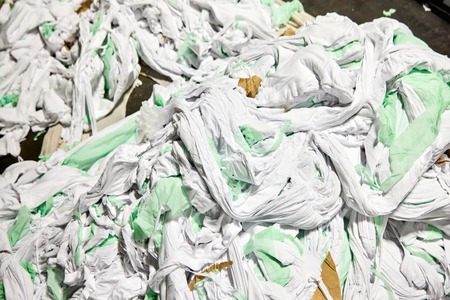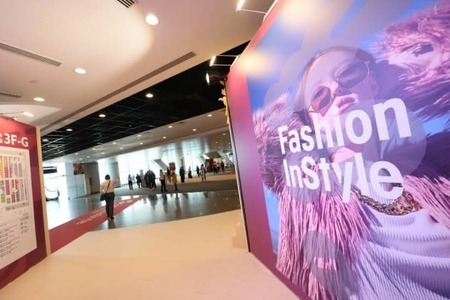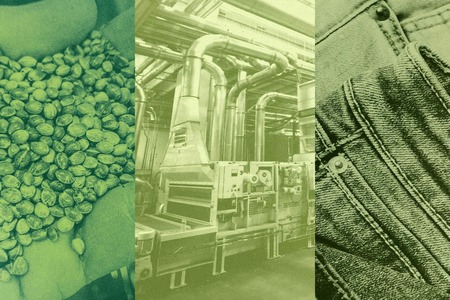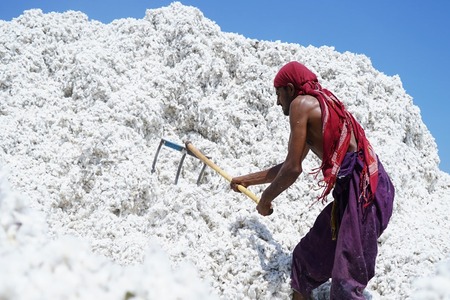
Illegal smuggling of secondhand clothes has created a lucrative market in Indonesia
YarnsandFibers News Bureau 2015-02-07 12:00:00 – IndonesiaThe Indonesian market has been witnessing increase in shipment of illegal secondhand apparel which is not only threatens local garment manufacturers but also poses health risks. Widodo, the Trade Ministry's director general for standards and consumer protection has called on consumers not to buy imported used clothing due to the hazards.
Despite the warning, the illegal smuggling of used clothing has created a lucrative industry, especially in Sumatra, where more than 100 illegal entry points and 10 airports and sea ports make it easy for the illegal apparel to enter the domestic market.
Juli Sitanggang, a used-apparel seller in Medan, said that vendors would likely continue selling the clothing because demand was strong and the clothing was inexpensive to buy.
In fact, now there are vendors of used clothing in every market across Medan. The number is rising because the demand for it keeps surging.
Originally, used clothing in Medan was restricted to an area near Monginsidi Street, popularly known as "Monginsidi Plaza", or "Monza". Now, however, the business has spread throughout North Sumatra, including Deli Serdang, Langkat, Pematang Siantar, Binjai and Tanjung Balai.
The distribution of smuggled secondhand clothing has attracted government attention due to its negative effect on the domestic garment industry, particularly upon small- and medium-sized enterprises.
Business associations like the Indonesian Textile Association (API) have voiced such concerns, saying the massive shipments of illegal clothing creates unhealthy competition in the local market of 250 million people and could potentially injure small- and medium-sized producers, a problem that Trade Minister Rachmat Gobel has also acknowledged that the government would be hard-pressed to clamp down on the pervasive smuggling.
However, he said that the authorities could act by monitoring the entry of apparel through illegal entry points and by confiscating illegally smuggled clothes. Authorities could also work to prohibit people from buying used clothes.
Under a 2002 trade ministerial decree, used clothing imports, like all used items, are prohibited.
The government is now preparing a regulation to implement the 2014 Trade Law, which bans overseas purchases of all goods, except raw materials for manufacturing.
According to the Trade Ministry's study, it identified 25 items - including dresses, vests, sweaters, boxers, and shirts - contained sizeable colonies of dangerous bacteria like Staphylococcus aureus (S. aureus) and Escherichia coli (E. coli); bacteria that could cause itches, gastric disease or even genital infection as used clothing is often sold before being washed.
Market Intelligence
Ask for free sample Report

experience
Customer Base
dedicated team
Countries Served Worldwide









